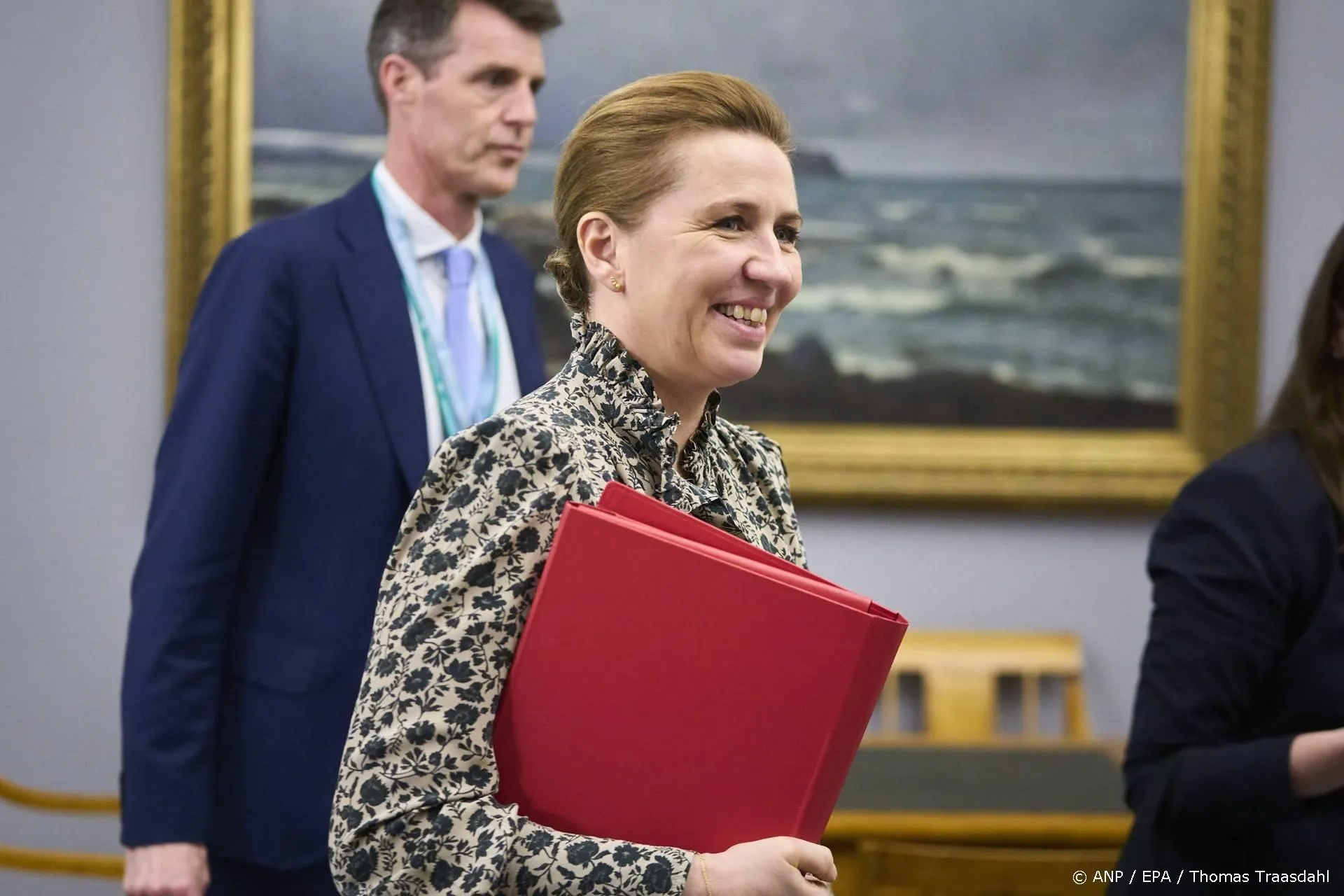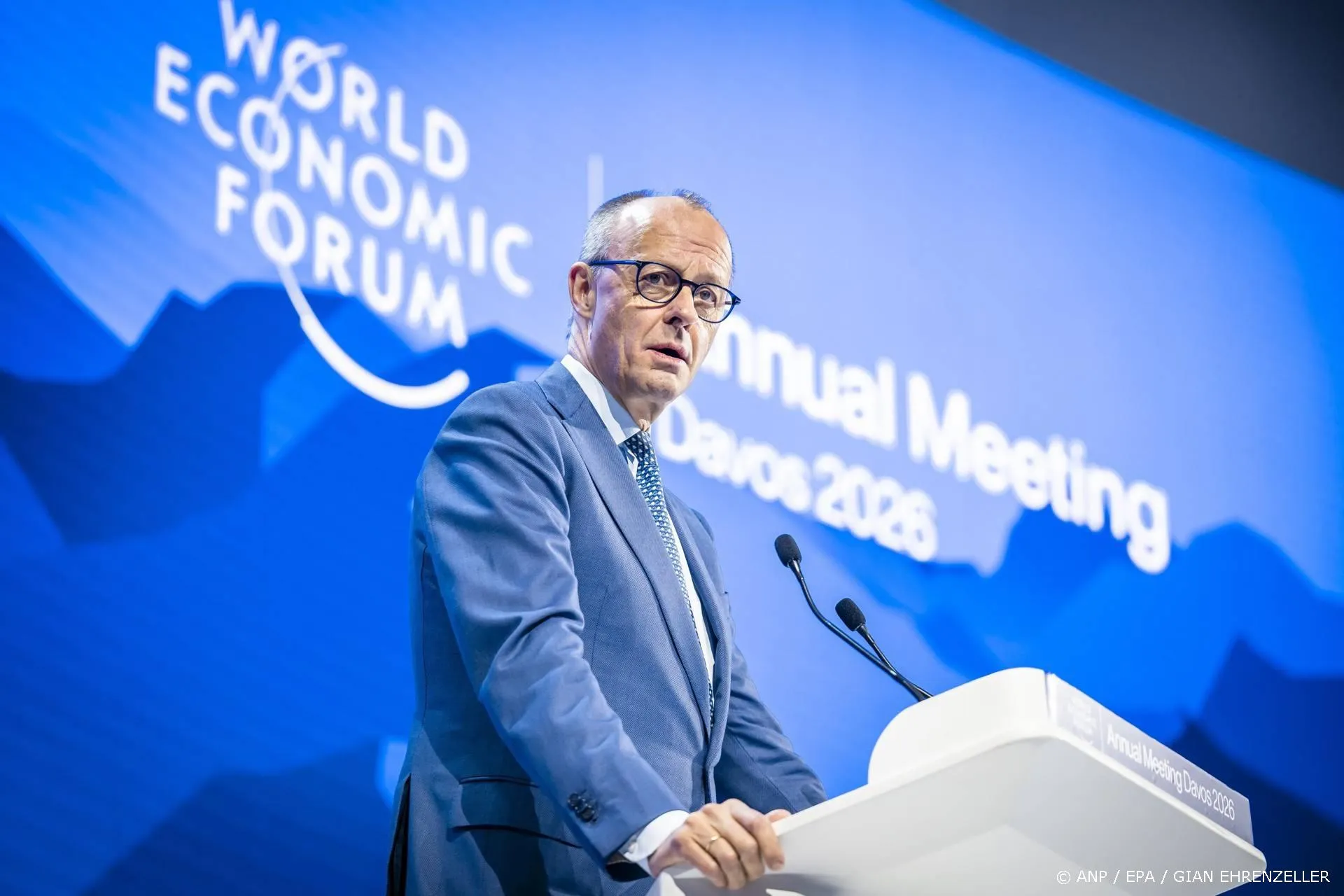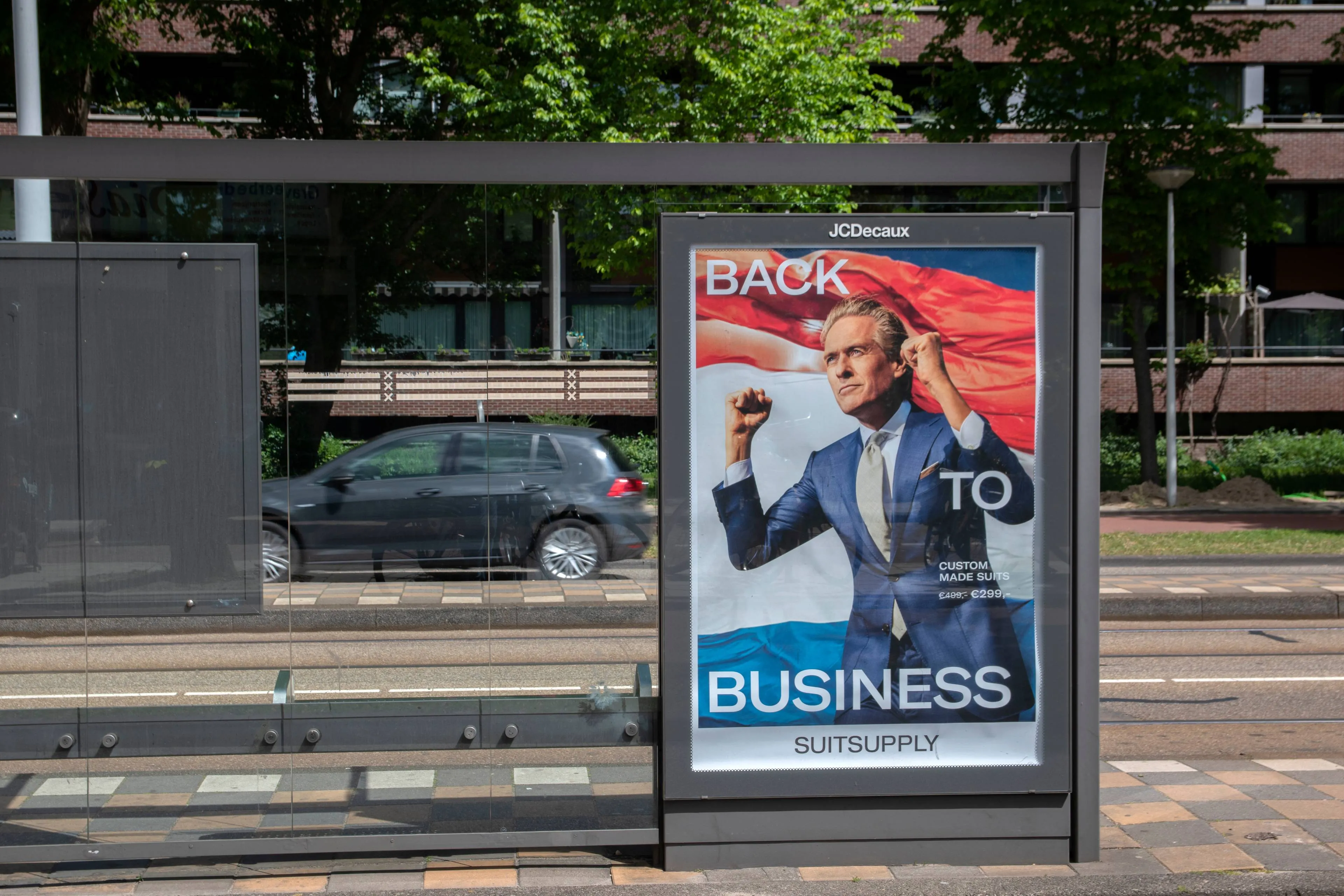Obama's klimaatbeleid implodeert
Op de website van 'Standpoint' analyseert Myron Ebell van het 'Competitive Enterprise Institute' (CEI) de implosie van het Amerikaanse klimaatbeleid onder president Obama. De Republikeinse uitdagers van Obama in de komende verkiezingen in 2012 hebben verschillende opvattingen over het klimaat. Welke van hen kan Obama het beste partij geven om een einde te maken aan het huidige desastreuze klimaat- cum energiebeleid?
Myron Ebell:
The global warming fad is waning. At the same time, a majority of the American people have realised that the policies proposed to address global warming would cause increases in energy prices ranging from substantial to immense. This shift in public opinion presents an equally immense opportunity to President Obama's Republican opponent in the November 2012 election. Whether the Republican nominee takes advantage of the opportunity depends on two factors. First, it depends on whether the issue is needed at all. The apparent collapse of America's feeble recovery and the fact that Obama's economic policies are counterproductive across the board make it possible that the president will be overwhelmingly defeated and hence no particular policy difference will matter. Second, the numerous Republican candidates for the nomination are not equally capable of making the issue stick or even of grasping what is at stake for America's future.
In my opinion, Texas Governor Rick Perry is capable of taking full advantage of the opportunity and former Massachusetts Governor Mitt Romney clearly is not. Nonetheless this could be the first presidential campaign in which global warming policies or, more precisely, energy-rationing policies that were initially promoted to address global warming, play a prominent role.
Wat voor een positie heeft Obama in het verleden ingenomen ten aanzien van het klimaat en het daaruit voortvloeiende energiebeleid?
Candidate Obama quietly made two candid comments about his energy agenda. He told a San Francisco newspaper in January 2008: "Under my plan of a cap-and-trade system, electricity rates would necessarily skyrocket." And when gasoline prices peaked at over $4 a gallon in June of that year, Obama said that the problem wasn't that prices were so high, but that they had gone up too quickly for people to get used to them. He said, "I think that I would have preferred a gradual adjustment."
Those two comments contain the seeds of everything that Obama has done since being elected president. With huge Democratic majorities in the House and Senate in 2009 and 2010, Obama first pushed for cap-and-trade legislation that would tighten greenhouse gas emissions by raising prices of conventional energy from coal, oil and natural gas. Higher prices force consumers to use less and make more expensive alternatives such as wind, solar and biofuels more competitive.
Maar de meerderheid van de Amerikanen is tegenstander van dat soort maatregelen. Zij zien het als zuivere belastingverhoging en niets anders. Bovendien zijn zij door Climategate en ander IPCC-schandalen achterdochtig geworden ten aanzien van de bekende paniekverhalen. Ook het uitblijven van de voorspelde opwarming heeft de geloofwaardigheid van de klimaatalarmisten geen goed gedaan.
Daarop heeft president Obama de verpakking van zijn beleid veranderd.
And that's why President Obama dropped global warming and started talking about transforming America's boring old fossil fuel economy into an exciting new clean energy economy and replacing all those dirty jobs digging coal and drilling for oil with green jobs that are almost as desirable as practising law (well, not really).
As Obama put it in June 2010: "As we recover from this recession, the transition to clean energy has the potential to grow our economy and create millions of jobs but only if we accelerate that transition. Only if we seize the moment." For those not captivated by this vision, Obama warns that if we are unwilling to grow wealthier by replacing cheap fossil fuels with expensive but unreliable alternatives such as windmills, then we will lose the race to build tomorrow's technologies to China. (Note that China gets 80 per cent of its electricity from coal, while the US gets just under half.)
Polls have shown that Americans are highly enthusiastic about clean energy, at least until they learn how much more expensive it is. But the new rationale has quickly worn thin as the claims of green jobs have been revealed as bogus. The end of the line was reached in September, when solar panel manufacturer Solyndra, which had received $527 million in government loans, collapsed.
Risky loans are just one part of the massively expensive corporate welfare system that has been created for renewable energy. Wind and solar power and ethanol get billions of taxpayer dollars a year in subsidies. Solyndra's collapse was so embarrassing that when the president presented his new jobs package to a joint session of Congress a few days later, he didn't mention green jobs or clean energy. Instead, he focused on new highway projects.
De retoriek veranderde maar de inhoud van het beleid niet. Mede via de achterdeur van het 'Environmental Protection Agency' (EPA) probeerde Obama toch zijn zin door te drijven. EPA wekt soms de indruk niet te zullen rusten met verdere milieuregelgeving - vaak op grond van dubieuze wetenschap - totdat het de Amerikaanse economie de definitieve doodsteek heeft toegebracht. Maar onlangs werd dat zelfs Obama toch te gortig..
Obama went along with this outlandish bunkum until recently when he delayed another new air regulation until 2013. That's because complying with the proposed rule to set tighter standards for ozone (or smog) has credibly been estimated to cost $1 trillion a year (in a $15 trillion economy). Obama still wants to do it, just not until after he gets re-elected.
Welke Republikeinse tegenkandidaten kunnen het nu tegen Obama opnemen wat betreft het klimaat- cum energiebeleid? Hoewel Newt Gingrich en Mitt Romney de laatste tijd wat zijn bijgedraaid, schieten zij naar het oordeel van Ebell tekort om een einde te maken aan de klimaatwaanzin. Dat geldt al helemaal voor Jon Huntsman, die een broeikasgelovige is. Rick Perry en Michele Bachmann daarentegen zijn overtuigde klimaatsceptici. Die zouden volgens Ebell de kar moeten trekken.
Ebell is vooral enthousiast over Perry.
Here is how Perry replied to Huntsman at the debate: "The idea that we'd put America's economy at jeopardy based on scientific theory that's not settled yet, to me is just nonsense. Just because you have a group of scientists that have stood up and said here is the fact'...Galileo got outvoted for a spell."
Perry's response was inarticulate, but he was getting at the two key points in the debate. First, there is nothing sacrosanct about scientific authority. The fact is that there is no scientific consensus about global warming; there is a political consensus among the scientific establishment, most of whom have no expertise in climate science, but many of whom do have strong political commitment to bigger government.
Second, it is irresponsible and foolish to commit to policies that will cost people trillions of dollars on the basis that you can trust scientists. People in authority are of course often trustworthy, but the prudent course is to assume that they are not. President Reagan's motto for dealing with the Soviet leaders is more generally appropriate: "Trust, but verify." One of the most obvious characteristics of many of the leading scientists who are promoting global warming alarmism is their unwavering resistance to all attempts to verify their conclusions.
Lees verder hier.
Ga verder met lezen
Dit vind je misschien ook leuk
Laat mensen jouw mening weten
Lees ook
Loading


